Moldova and Russian "peacekeepers" in Transnistria: what’s next? Expert opinions on Caliber.Az
“The new military strategy of Moldova, in which Chișinău effectively labels Russian peacekeepers as a military threat, distorts objective reality and imposes false narratives,” said Vitaly Ignatiev, the “Minister of Foreign Affairs of Transnistria.”
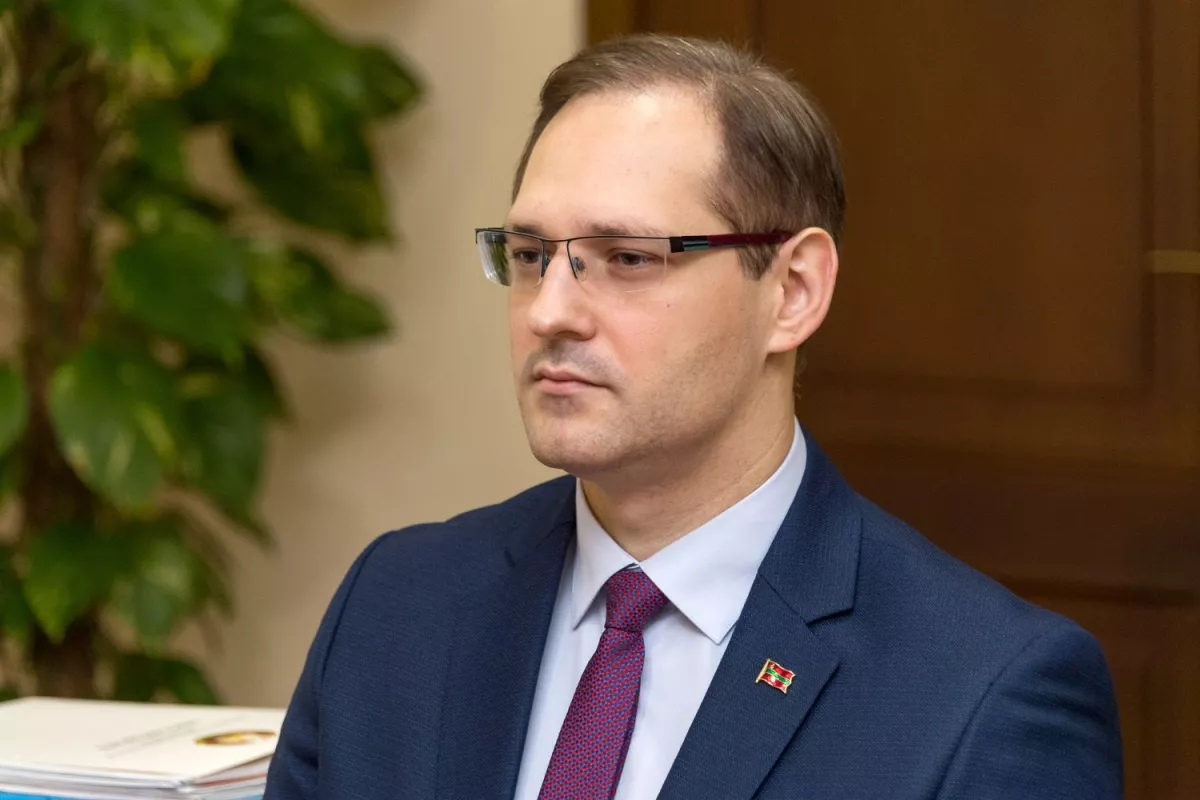
He believes that “it is the peacekeeping operation under the auspices of Russia that remains the only reliable guarantee of peace and stability along the Dniester.”
“In this context, the real threat comes from attempts to undermine the existing peacekeeping mechanism and escalate military tension through the active militarisation of one side of the unresolved conflict,” Ignatiev added.
He also warned that a forceful scenario to annex Transnistria to Moldova could turn into a catastrophe, both for the region and for Europe as a whole.
According to Ignatiev, the most viable model for resolving the conflict along the Dniester “is, at present, the recognition of the objective reality that has developed over the past 35 years — namely, the existence of the Pridnestrovian Moldavian Republic.” The self-styled minister believes that, historically, two distinct peoples have formed in Transnistria and Moldova.
“Over the past three decades, different generations of youth have grown up in the two states, each with their own priorities, values, and heroes. Therefore, any theoretical approaches that ignore this reality will prove unworkable,” Vitaly Ignatiev concluded.
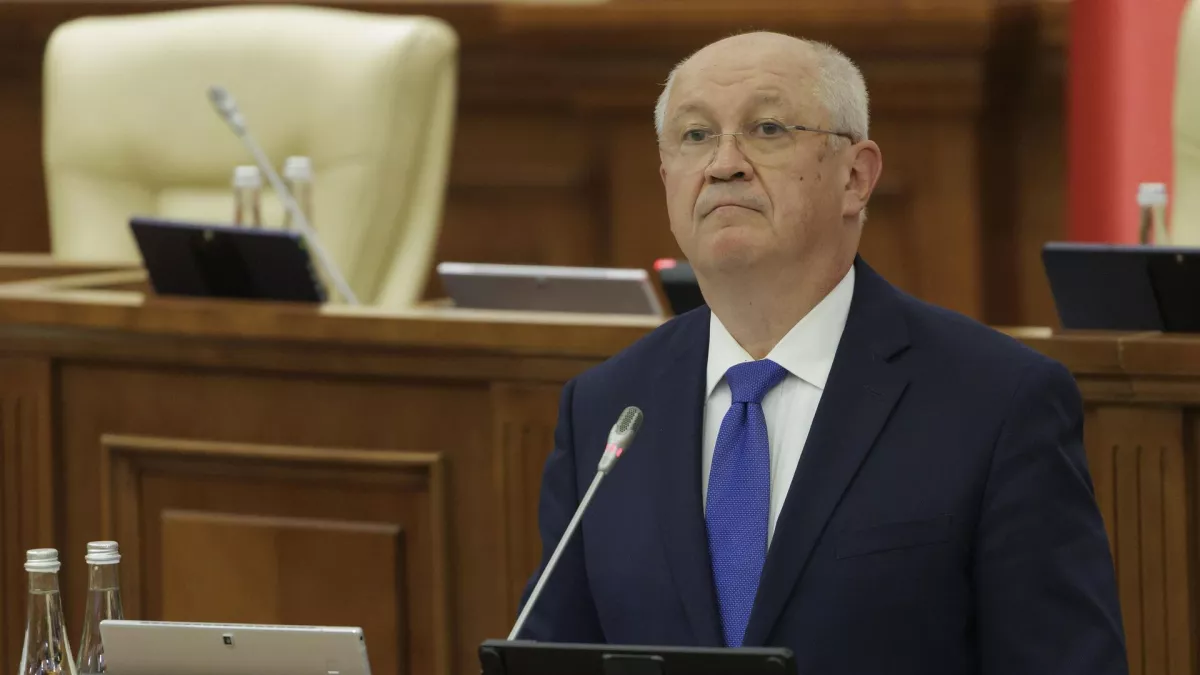
Moldova’s Prime Minister, Alexandru Munteanu, has given a special place in the government’s agenda to “taking diplomatic and political measures to minimise the military risks associated with Transnistria.” He aims to transform the peacekeeping mission along the Dniester into an international civilian observer mission and to fully demilitarise the Left Bank.
Authorities in Chișinău claim that even a single Russian soldier, illegally stationed on Moldovan territory, poses a threat to the country’s national security and “serves as a factor of psychological pressure on politicians and citizens.”
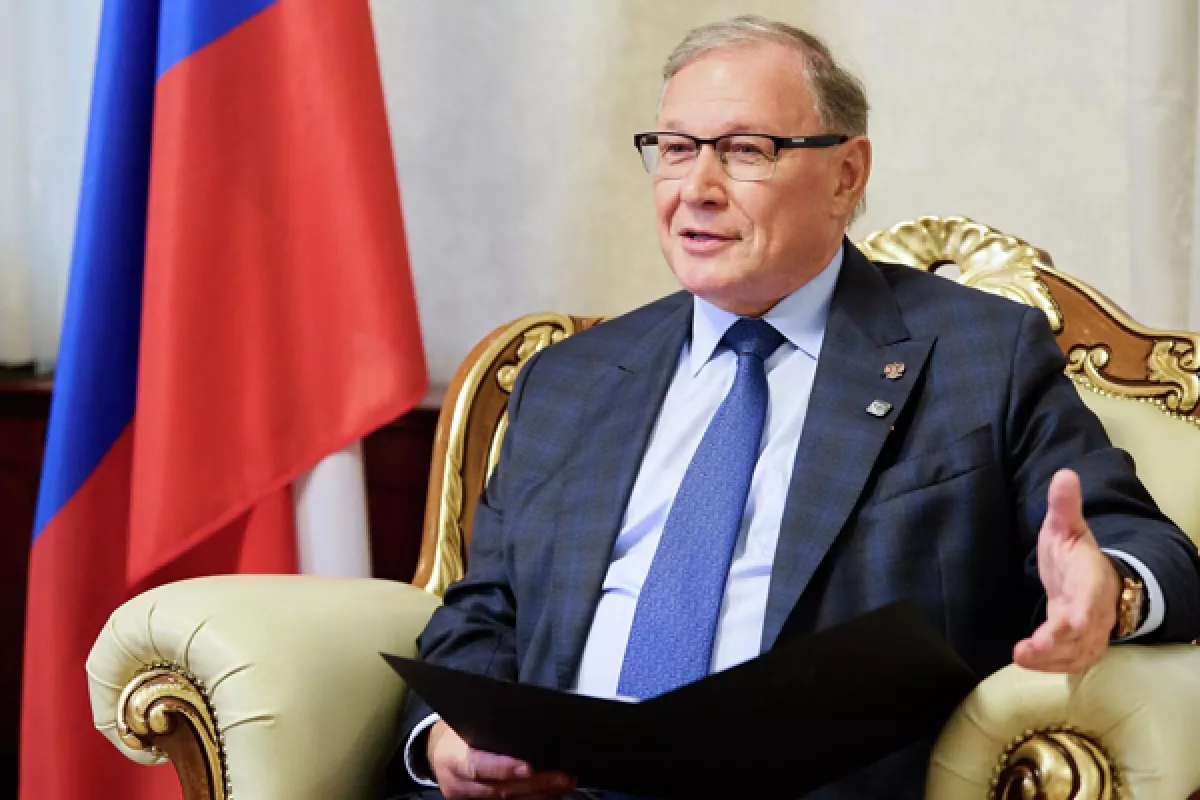
Russia’s ambassador to Moldova, Oleg Ozerov, previously stated that “the withdrawal of Russian peacekeepers from Transnistria is possible only if the conflict in the region is resolved peacefully.”
“The presence of our peacekeeping contingent undoubtedly guarantees that hostilities will not resume,” the Russian diplomat added.
It is worth asking whether there are currently any mechanisms—or even possibilities—by which Chișinău could compel Russian forces to leave Transnistria. After all, their departure would create a real opportunity to end separatism in this part of the Republic of Moldova.
Renowned Moldovan analysts shared their assessments with Caliber.Az.
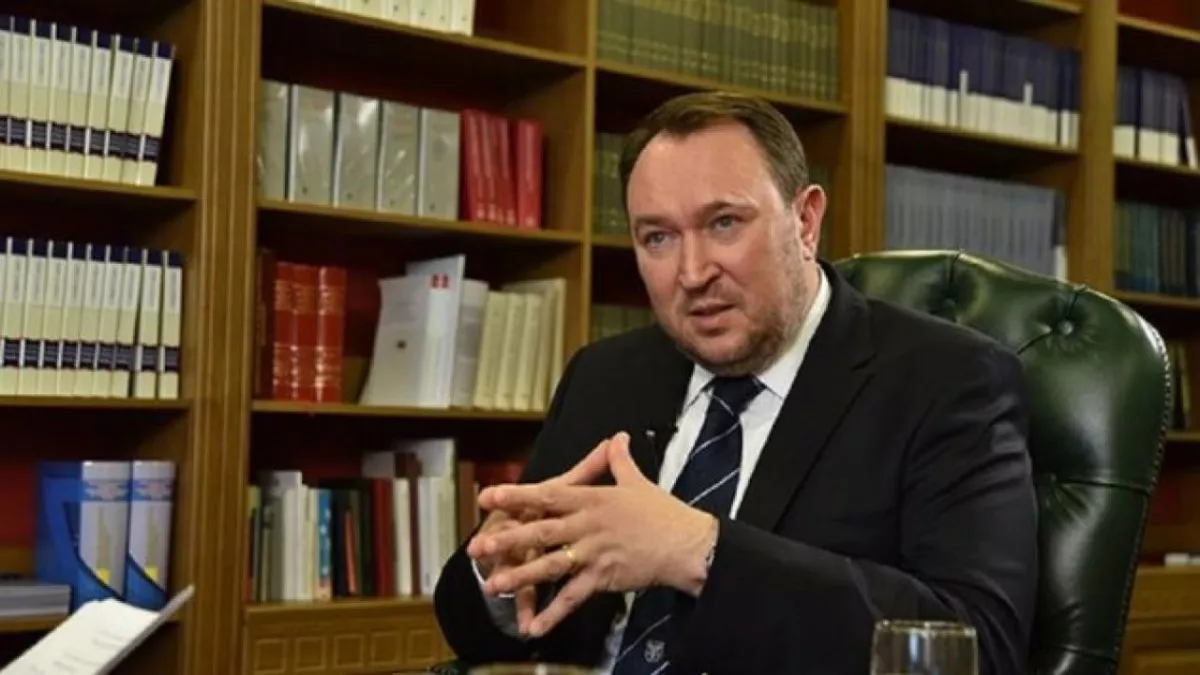
Former Moldovan Minister of Justice and ex-member of the Venice Commission of the Council of Europe, Alexandru Tănase, stated that Transnistria has long become part of a painful reality in which Russia prefers not to acknowledge its own responsibility.
“For more than thirty years, a strange, frozen, almost abandoned war has continued in Moldova — one that Moscow remembers only when it needs to remind its neighbours who the ‘guarantor of stability’ in the region is. The formula is painfully familiar: wherever the Russian military presence appears, peace recedes, and uncertainty becomes the norm.
The so-called ‘peacekeepers’ along the Dniester are not a neutral party sent to separate the conflicting sides. They are the remnants of the very 14th Army that took part in military operations against Moldova in 1992. Their presence was never the result of mutual agreement; it is the outcome of force, not diplomacy. That is why Chișinău today calls things by their proper names: on Moldovan territory, these are not peacekeepers, but foreign troops stationed without the country’s consent.
In Tiraspol, they continue to speak of ‘security guarantees,’ of ‘two different peoples,’ of a ‘long-standing reality.’ These phrases sound the same everywhere Moscow seeks to justify the presence of its troops. But the facts remain unchanged: Transnistria is Moldovan territory, forcibly separated and held under Russian control.
International courts have already spoken. The European Court of Human Rights has explicitly classified Russia’s presence as an occupation. There are rulings, but no reactions,” the politician noted.
He also reminded that Ukraine has now closed the corridor through which logistics for Russian troops had flowed for decades.
“This has changed the rules of the game. The ‘5+2’ format for resolving the Transnistrian conflict did not end because someone abolished it, but because it lost its meaning. Kyiv no longer allows Moscow to maintain its military infrastructure along the Dniester. And this means only one thing: it is a matter of time before the old structure begins to collapse.
But there is another side. The people living in Transnistria are citizens of Moldova. They are not a ‘different people,’ not a ‘new nation,’ but ordinary residents who have become hostages of geopolitics. They commute to work in Chișinău, receive medical treatment in Moldovan hospitals, and send their children to study on the right bank. If Moldova were to cut off access to these services tomorrow, Transnistria would turn into an isolated enclave facing a humanitarian catastrophe. And Chișinău does not want that. People matter more than political demonstrations.
Today, the question is simple: can Moldova force Russian troops to leave? There is no direct force, nor can there be. But there are mechanisms that work slowly, yet inevitably. These include Moldova’s European integration, its alliance with Ukraine — which will no longer allow a repeat of the 1990s scenarios — international pressure, and legal rulings that gradually strip Moscow of its arguments. Also important is the daily strengthening of ties between Chișinău and the people on the left bank.
Russian troops will not leave when someone in the Kremlin decides to show goodwill. They will leave when their presence becomes impossible — logistically, politically, and diplomatically. Peace in the region does not depend on Russian soldiers’ guns, but on how quickly Moldova can become a state without foreign armies. And the region is already approaching that moment,” Tănase believes.
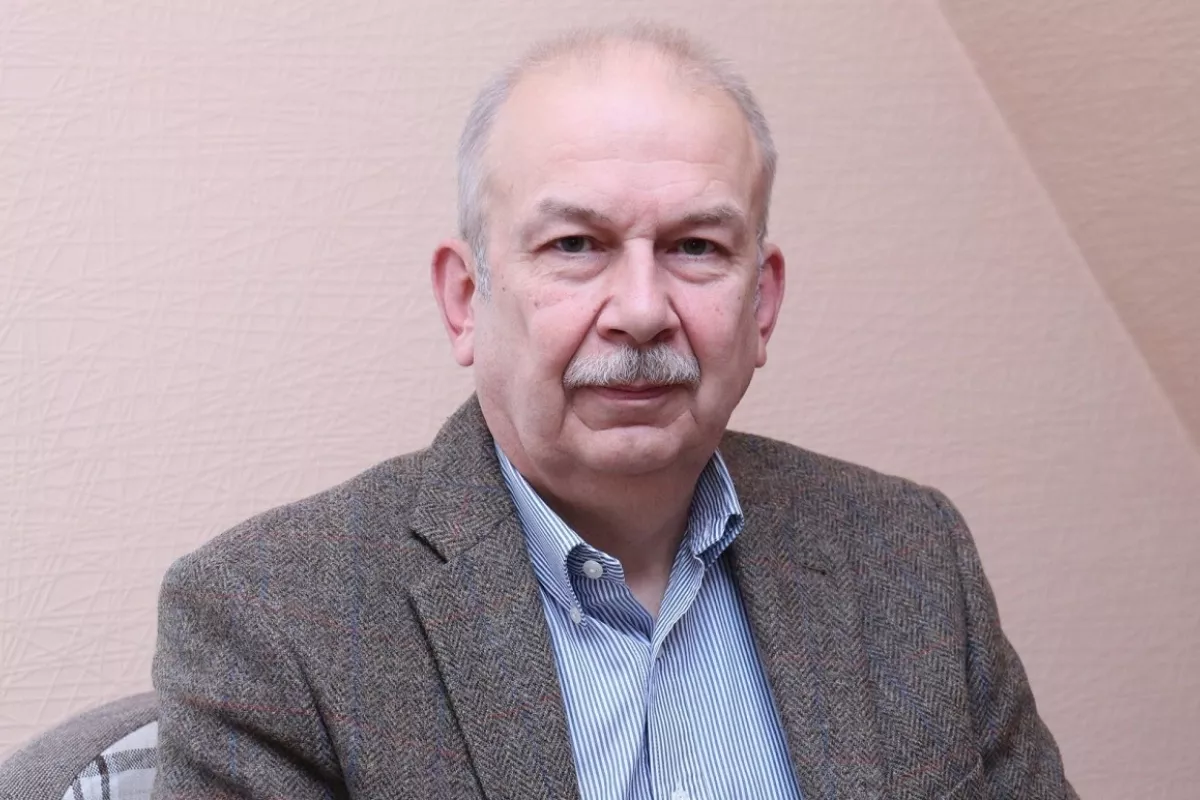
Political analyst Viktor Ciobanu noted that Ignatiev is a Kremlin appointee in Transnistria.
“Therefore, all his statements are nothing more than a repetition of Kremlin narratives about the militarisation of Moldova and so on. There is no forceful scenario for the capture of Transnistria, and official Chișinău states this constantly. No one intends to recognise the existence of the separatist ‘republic.’
‘Two different peoples’ is a myth, since the youth of Transnistria are increasingly oriented towards studying in Chișinău, and a large portion of the working-age population finds employment on the right bank. The creation of separatist enclaves followed by a self-declared role as ‘peacekeeper’ is a typical Russian scheme in the former post-Soviet republics.
Today, Chișinău cannot independently compel Russian troops to leave the territory. This is only possible with the support of Western allies — a goal that Ukraine shares. At the same time, it should be noted that the majority of the Transnistrian servicemen, the so-called ‘peacekeepers,’ are local residents, except for a small number of officers. So it is more accurate to speak of their integration into peaceful life once the conflict is resolved,” Ciobanu concluded.








